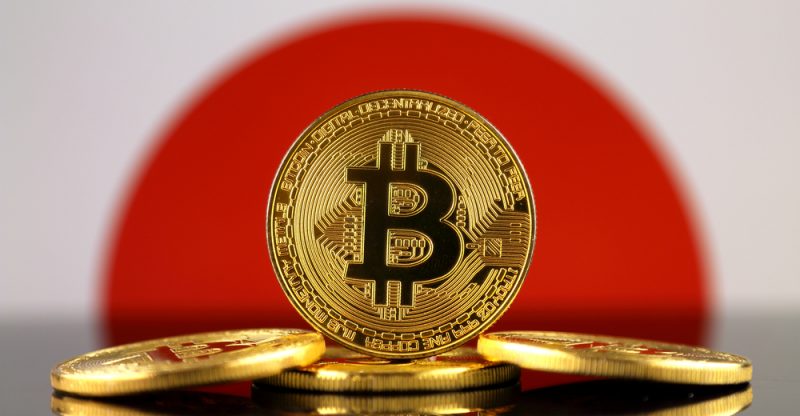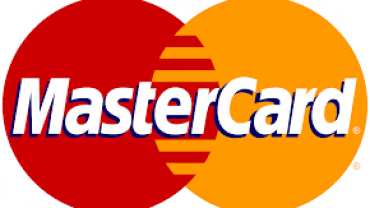The Financial Regulator For Japan Disclosed The Current State Of The Crypto Regulations In The Country
This week, the financial regulator for Japan disclosed the current state of the crypto regulations in the country. The regulator has plans to add more employees to help review new applicants. Up to three crypto operators are being reviewed, including 160 firms wanting to enter the space. Also, a self-regulatory plan for crypto exchanges has also been submitted to the regulator.
Japan’s top financial regulator, the Financial Services Agency (FSA), released some documents from its fifth crypto study group meeting this past Wednesday. During the meeting, they discussed the current state of crypto regulations and exchange registrations. Out of 16 companies that have been allowed to operate crypto exchanges while their applications are being reviewed, just three endured the regulator’s recent inspections. As we speak, Coincheck, Lastroots and Everybody’s Bitcoin are being reviewed. The FSA restated that it is “currently reviewing the work improvement report” of Coincheck and, going forward, it will periodically conduct on-site inspections of registered exchanges. Out of the 16 companies mentioned above, 12 others have withdrawn their applications and one was rejected by the agency. Also, about 160 companies have shown their intentions to register crypto exchanges.
This past Wednesday, Kiyotaka Sasaki, the FSA’s vice commissioner for policy coordination stated at during the meeting that “The Biggest problem is how to deal with new operators,” as reported by Reuters. He went on to note that the agency currently has 30 personnel whose jobs include monitoring crypto exchanges and traders, supervising unregistered operators, and reviewing registered applications. As mentioned above the FSA is trying to find additional workforce to help with reviewing applicants. The news outlet stated reported that the agency is requesting 12 more personnel in the financial year 2019 to swiftly respond to crypto exchange operators.
Also discussed at the meeting are self-regulatory rules established by the Japan Virtual Currency Exchange Association (Jvcea). At the moment, the members of the association are the 16 government-approved crypto exchanges. Namely: Money Partners, Quoine, Bitflyer, Bitbank, SBI Virtual Currency, GMO Coin, Bittrade, Btcbox, Bitpoint Japan, DMM Bitcoin, Bitarg Exchange Tokyo, Bitgate, Bitocean, Fisco Virtual Currency, Tech Bureau, and Xtheta. The president of the association and Money Partners, Yasunori Okuyama, elaborated to the meeting attendees the long list of self-regulatory rules, as reported by Impress Corporation. One of the rules is related to the handling of cryptocurrencies at exchanges, which notes “When handling a new virtual currency, after conducting an internal review by the member, it is necessary to notify the association beforehand, and if the association gives an objection, it will not be handled.” Moreover, exchanges must have anti-money laundering (AML) along with combating the financing of terrorism (CFT) measures as rules regarding anti-social forces. Furthermore, among other rules are ones covering basic transactions, dispute resolution, solicitation and advertising, trading guidelines, ethics and how to handle initial coin offerings (ICOs).





